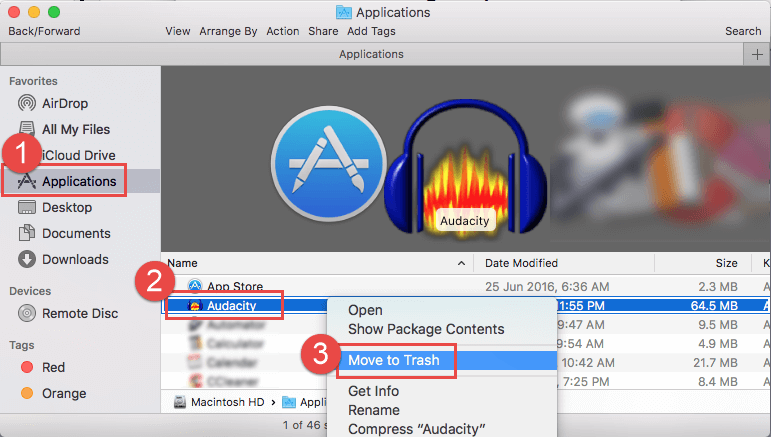
They also updated their Contributor License Agreement, which developers have to sign if they choose to work on the Audacity code. So naturally they’re paranoid and skeptical. The company has to make money one way or another, whether that’s through bloatware or shadier practices.

That is, in part, the unfortunate reality behind free services. The user community is naturally and rightfully fed up with companies offering a (usually free) service and selling their data off to the highest bidder. Never mind the ulterior purposes that Google may have, scores of other companies collect data and sell it off to marketing companies and others (a practice, I might add, that Smartsound will NEVER do). Telemetry, in short, is product feedback. Google uses telemetry to make sure programs like Chrome work, as well as to refine your searches on their engine in attempt to get you more relevant results.

First, they added telemetry, that is, the ability for the program to send back user data to the Muse Group. Just what happened?Īfter the Muse Group bought Audacity, they began to quickly stir up controversy. It was this newly minted Muse Group that purchased Audacity and triggered the controversy. Later, in 2007 they updated the program for smart phones, and have since created a true multinational brand with employees across the globe.Īs they expanded, purchasing and creating new brands and services, they decided to make a new umbrella brand, called the Muse Group.

It allowed users to download lyrics and tablature to play their favorite covers.

In 1998, a Moscow-based dev team led by Eugeny Naidenov created the famous Ultimate Guitar app for the PC. The Muse Group is a new brand, but an old company. Recently the Muse Group purchased the software program. A screenshot of the freeware audio editor Audacity The mother company


 0 kommentar(er)
0 kommentar(er)
